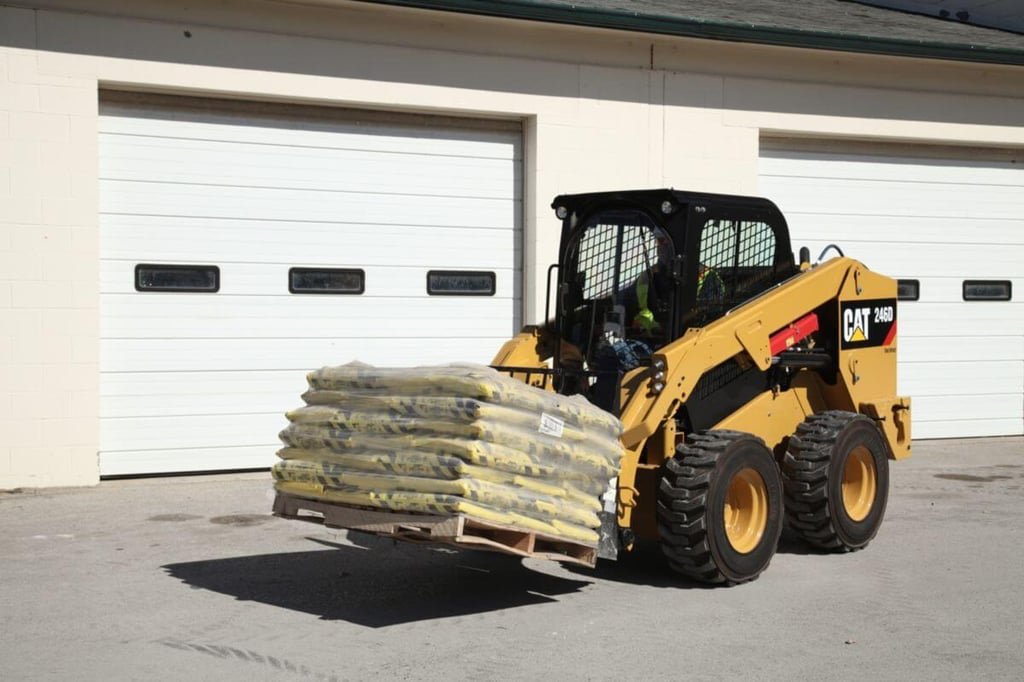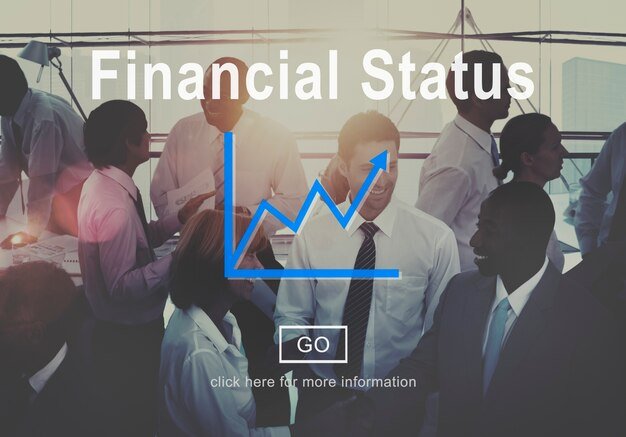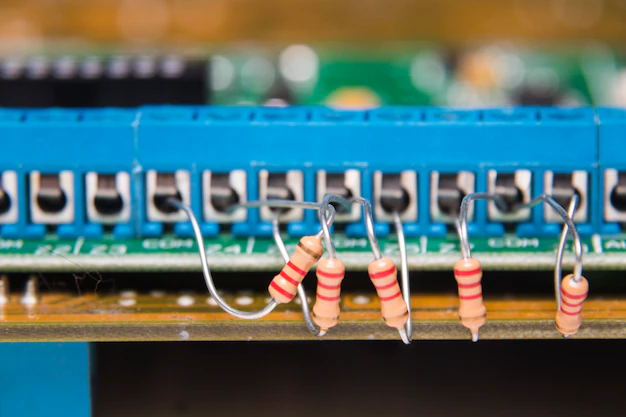Clergy in the American Revolution blogs offer unique insights into the pivotal role religious leaders played during one of America’s most transformative periods. These spiritual leaders were not only the moral compass for their communities but also active participants in the Revolutionary War. From delivering inspiring sermons to mobilizing their congregations, the clergy significantly influenced the fight for independence. In this article, we will explore their contributions, impact, and enduring legacy in shaping the nation.
The Role of Clergy in the American Revolution
Religious leaders during the Revolution held a dual role: spiritual guides and political influencers. Known for their fiery sermons and unwavering commitment to liberty, they became vital in rallying support for independence.
Key Contributions:
- Mobilizing Communities: Pastors used their pulpits to advocate for freedom and justice.
- Moral Leadership: They framed the fight for independence as a divine mission.
- Political Activism: Many clergy directly supported the Continental Army by raising funds or serving as chaplains.
Their ability to combine faith with patriotism made them indispensable in the revolutionary cause.
Religious Leaders During the Revolution: Patriots in Pulpits
1. Jonathan Mayhew
A Congregational minister, Mayhew’s sermons emphasized the idea of “no taxation without representation.” His writings inspired early revolutionary thought.
2. John Witherspoon
A Presbyterian minister and signer of the Declaration of Independence, Witherspoon advocated for liberty both from the pulpit and in Congress.
3. Samuel Cooper
Known as a spiritual advisor to key revolutionaries, Cooper’s sermons rallied support for the cause of freedom.
These spiritual leaders in the fight for freedom bridged the gap between religion and politics, aligning their faith with the ideals of independence.
Religion in the Revolutionary War: A Moral Compass
Faith played a significant role in uniting colonists during the Revolution. Religious sermons often framed the conflict as a battle between good and evil, encouraging communities to see independence as a God-given right.
How Religion Supported the Revolution:
- Sermons for Liberty: Clergy preached about the biblical foundations of freedom.
- Community Organization: Churches became centers for political discussions and planning.
- Chaplaincy Services: Clergy provided spiritual support to soldiers, boosting morale on the battlefield.
The influence of clergy in the Revolution extended beyond spiritual guidance; they were key motivators in the fight against tyranny.
The Clergy’s Impact on American Independence
1. Shaping Public Opinion
Through sermons and pamphlets, clergy influenced public opinion, framing British rule as unjust and oppressive.
2. Providing Resources
Many pastors used their churches as places to raise funds and gather supplies for the Continental Army.
3. Promoting Unity
By emphasizing shared values and a collective mission, they united diverse communities under the banner of liberty.
The clergy’s impact on the Revolution can be seen in their ability to rally support and sustain morale during challenging times.
Faith and the American Revolution: A Divine Mission
Many clergy believed the Revolution was not only a political battle but also a spiritual one. This belief resonated with their congregations, who saw their fight for independence as fulfilling a divine purpose.
Biblical Themes in Revolutionary Rhetoric:
- Exodus Story: Parallels were drawn between the Israelites escaping Pharaoh and colonists resisting British rule.
- Freedom as God’s Will: Pastors preached that liberty was a divine right granted by God.
This alignment of faith and freedom ensured that religion remained a cornerstone of revolutionary ideology.
Religious Support for American Independence
Religious institutions were central to the revolutionary effort. Churches served as meeting points, and clergy often led efforts to organize their communities.
How Churches Contributed:
- Meeting Halls: Churches hosted political gatherings and discussions.
- Educational Hubs: Clergy educated their congregations on the principles of liberty and justice.
- Recruitment Centers: Many congregants joined the fight after being inspired by their pastors’ sermons.
The religious support for American independence highlighted the intertwined nature of faith and patriotism during the Revolution.
Challenges Faced by Clergy in the Revolution
While many clergy supported the revolution, not all were in favor. Loyalist clergy, who remained faithful to the British Crown, often faced persecution and exile. This division reflected the complex role of religion in a time of political upheaval.
Challenges Included:
- Risk of Persecution: Revolutionary clergy risked imprisonment or death for their activism.
- Divided Congregations: Clergy had to navigate differing loyalties within their communities.
- Moral Dilemmas: Balancing spiritual duties with political activism posed ethical challenges.
Despite these difficulties, many clergy remained steadfast in their commitment to independence.
Legacy of Clergy in the American Revolution
The contributions of clergy during the American Revolution left a lasting legacy on the nation. Their efforts not only secured independence but also established a foundation for the role of religion in American public life.
Enduring Contributions:
- Moral Framework: Their sermons laid the groundwork for the nation’s emphasis on liberty and justice.
- Unity and Patriotism: Clergy played a key role in fostering a sense of national identity.
- Religious Freedom: The Revolution eventually led to the establishment of religious liberty as a core American value.
The role of pastors in the Revolutionary War remains a testament to the power of faith in shaping history.
Conclusion
Clergy in the American Revolution blogs provide a rich source of information on the profound impact religious leaders had on the fight for independence. From inspiring sermons to hands-on activism, clergy played a vital role in uniting communities and shaping the nation’s future. Their legacy continues to remind us of the powerful connection between faith, freedom, and leadership.
FAQs
1. What role did clergy play in the American Revolution?
Clergy mobilized communities, preached about liberty, and supported the revolutionary effort through fundraising and morale-boosting.
2. Who were some notable clergy during the Revolution?
Prominent figures include Jonathan Mayhew, John Witherspoon, and Samuel Cooper.
3. How did religion influence the Revolution?
Religion framed the fight for independence as a divine mission, uniting communities under shared values.
4. Did all clergy support the Revolution?
No, some clergy remained loyal to the British Crown and faced persecution as a result.
5. What is the legacy of clergy in the American Revolution?
Their contributions established a moral framework for liberty, unity, and the role of religion in American public life.Explore the rich history of clergy in the American Revolution to understand their lasting influence on the nation’s fight for freedom.











